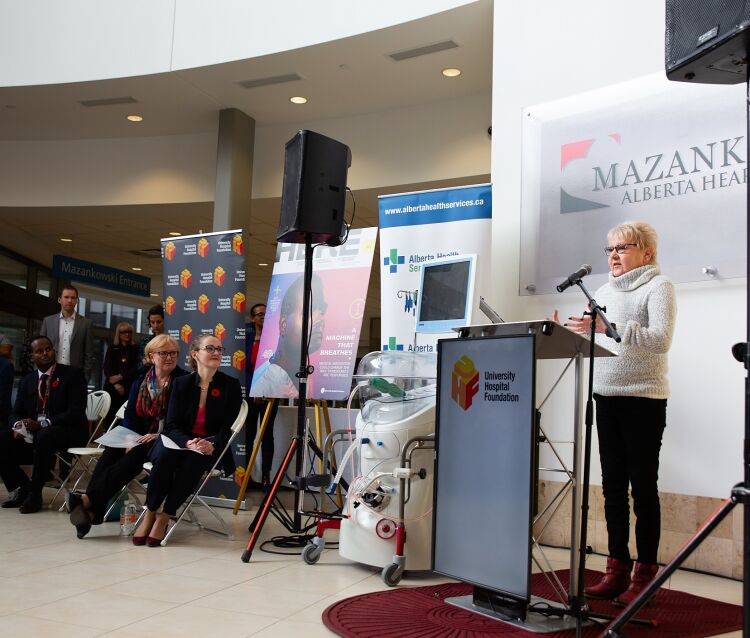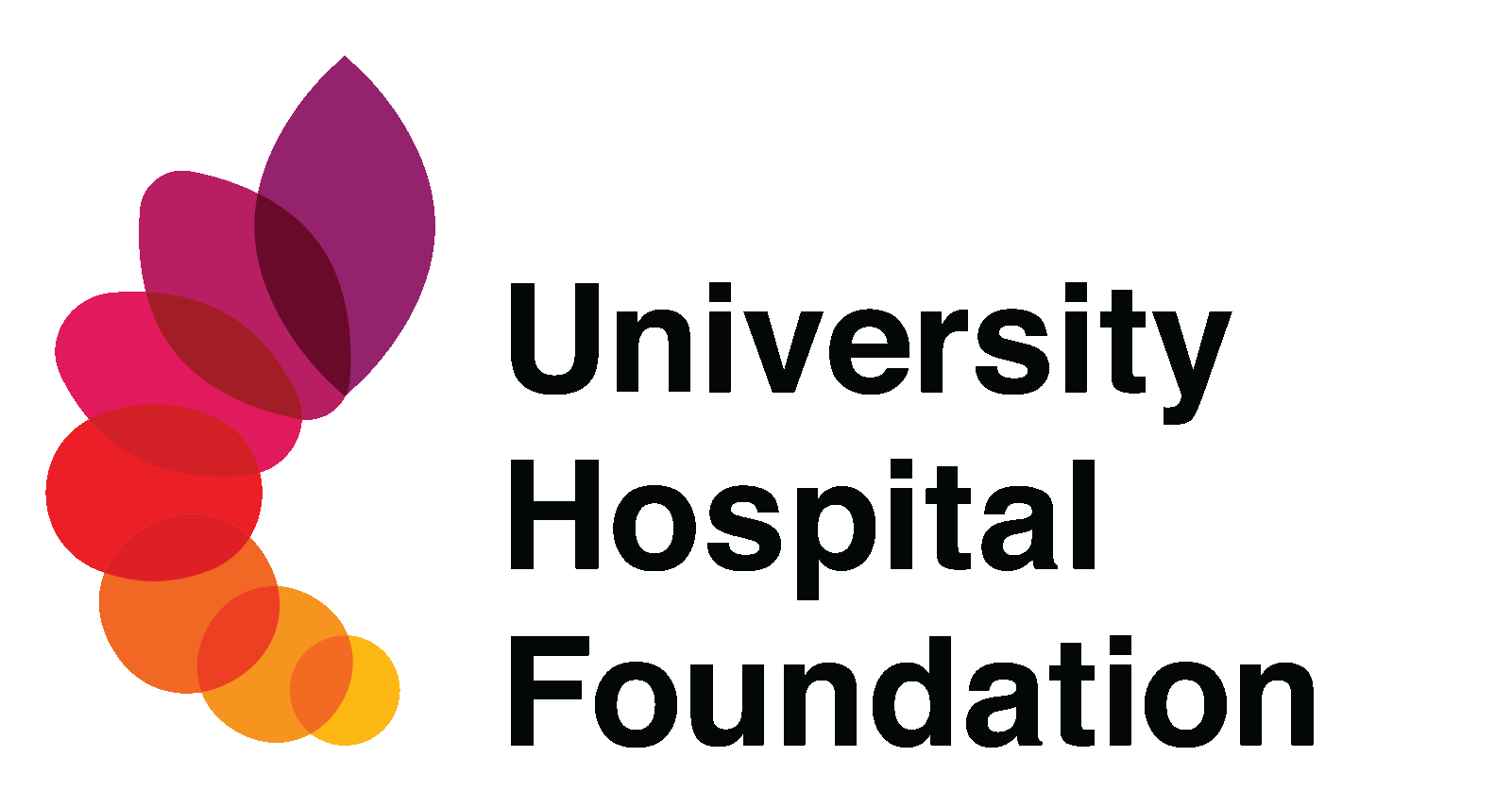Alberta Transplant Innovation Fund
Alberta Transplant Innovation Fund
In October, 2016 the $1.28 million dollar Alberta Transplant Innovation Fund (ATIF) was established to fund research aimed at improving the care available to transplant patients, and accelerating the translation of this research into technology that is commercially viable – and therefore available to clinicians and patients.
A pan-provincial partnership between the Government of Alberta Ministry of Jobs, Economy and Innovation, Astellas Pharma Canada, Inc., and the University Hospital Foundation, ATIF invested in four key areas:
Alberta’s Collaboration of Excellence for Nutrition in Digestive Diseases (Ascend) is focused on three pillars:
The partnership focuses on three objectives:

Advancing Alberta’s transplant technologies
Providing better care for Alberta transplant patients through education and better technologies
Validating and testing new transplant technologies from Alberta and abroad
Impact to Date
Dr. Jayan Nagendran
Less than one-third of donated lungs are suitable for transplantation. The rest are discarded, along with hearts, kidneys, livers and other organs deemed too damaged to transplant. At least, that’s how its been until now. Dr. Darren Freed and Dr. Jayan Nagendran, cardiac surgeons at the Mazankowski Alberta Heart Institute, have developed an ex-vivo organ support system (EVOSS) that’s well on its way to transforming the way donor organs are “kept alive” outside the body prior to transplanting.
EVOSS, an automated and portable platform designed to maintain donor organs in an environment mimicking the human body, can keep lungs alive for up to 48 hours – instead of the standard 6-8 hours – giving doctors more time to upgrade damaged lungs to transplant-ready levels. In a recently completed clinical trial, 12 patients at the Maz received double-lung transplants with lungs that had been repaired while on EVOSS. “All 12 patients received lungs that would have been thrown in the garbage if not for EVOSS technology,” said Dr. Nagendran.
Dr. Lori West
Transplants save lives. However recipients need lifelong immunosuppressants to prevent rejection and these can cause harmful, sometimes debilitating, side-effects that are especially worrisome in young children. Plus the medications don’t always work.
In this regard, special immune cells called regulatory T cells, or ‘Tregs’, are of great interest because they naturally suppress immune responses. Unfortunately, the number of Tregs in a person’s body is very low. However, Dr. Lori West, Director of the Alberta Transplant Institute and the Canadian Donation and Transplantation Research Program, as well as a pediatric cardiologist who frequently cares for babies who need heart transplants, has found a source of what could potentially be the “mother lode” of Tregs – inside the thymus of infants.
Because it’s located in the front upper chest, the thymus, a specialized primary lymphoid organ that produces T cells, is in the way when surgeons perform life-saving heart surgery on infants. So they remove it and discard it. “To save the baby’s life, they have to see the heart,” says Dr. West. To date, Dr. West and her team have discovered that Tregs extracted from the thymus of babies are abundant, easier to isolate than in adults, extremely potent at suppressing unwanted immune responses, and stable. The next step is to put them through a good manufacturing process (GMP) that will determine if they can be converted into a new medication. If successful, the impact could be enormous.
Dr. Luis Hidalgo
Antibody-mediated rejection (ABMR) is a leading cause of transplant failure. By developing a new model of ABMR, researchers have gained a greater understanding of the components that they believe are at the core of this damaging process. Today, researchers can do what’s called a “virtual cross match” that predicts, based on antibody testing, whether or not the donor organ is a viable match for the recipient.
Only one in three people on the waitlist receive a lifesaving lung transplant
Lungs can be kept in the Ex-Vivo Organ Support System for up to forty-eight hours versus six to eight hours on ice
Twelve patients have had their lives changed by this made-in-Alberta technology
